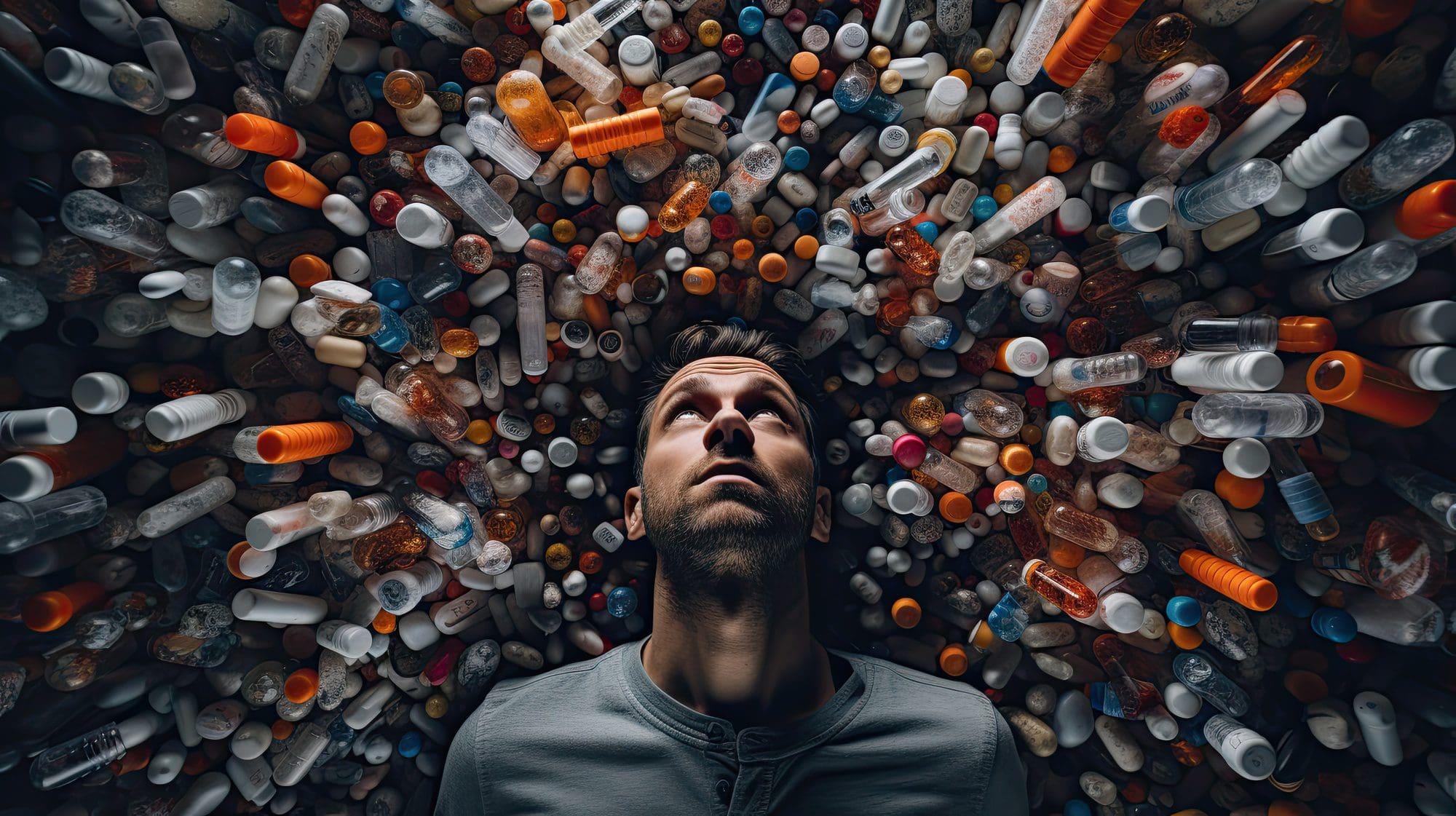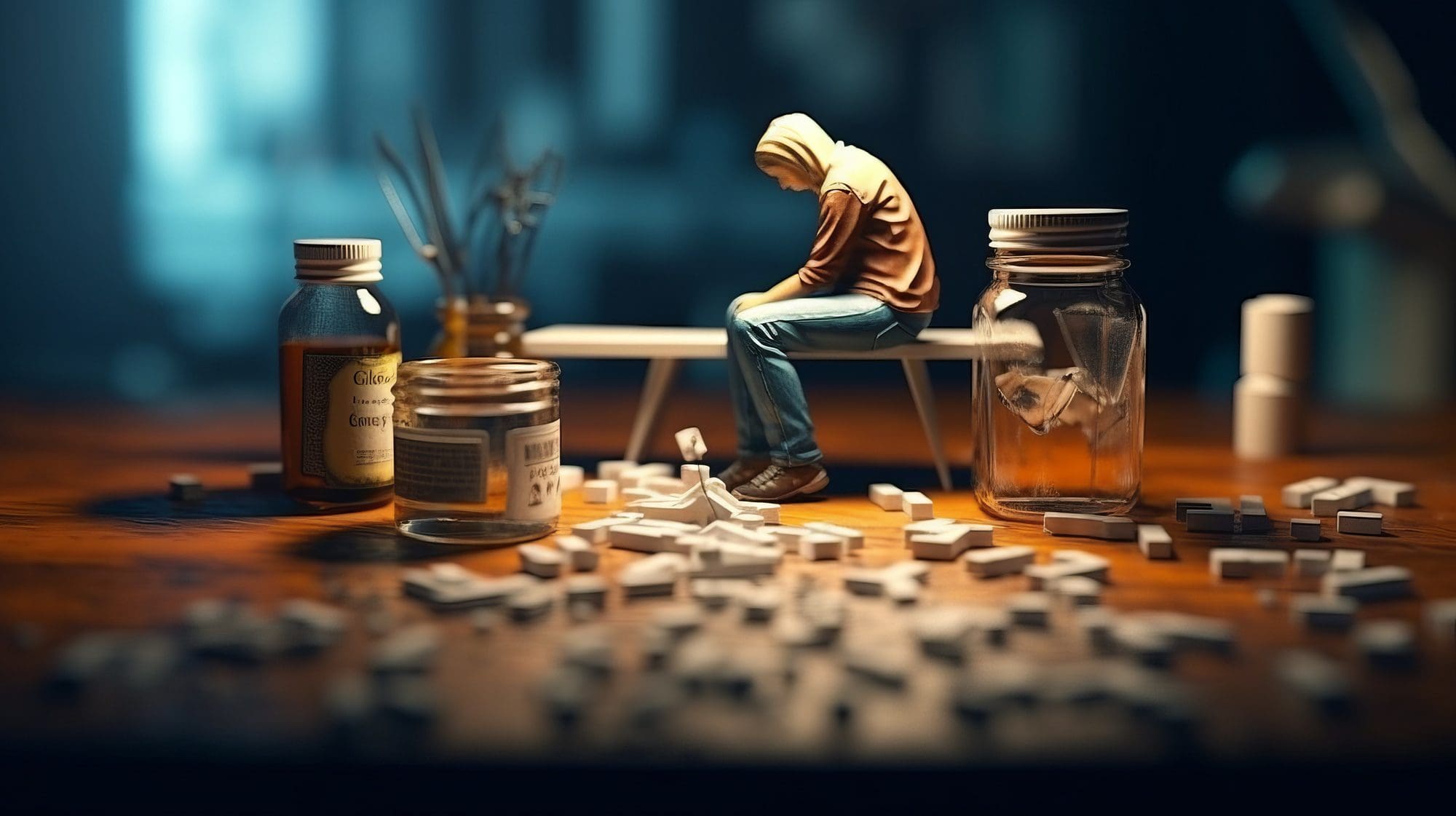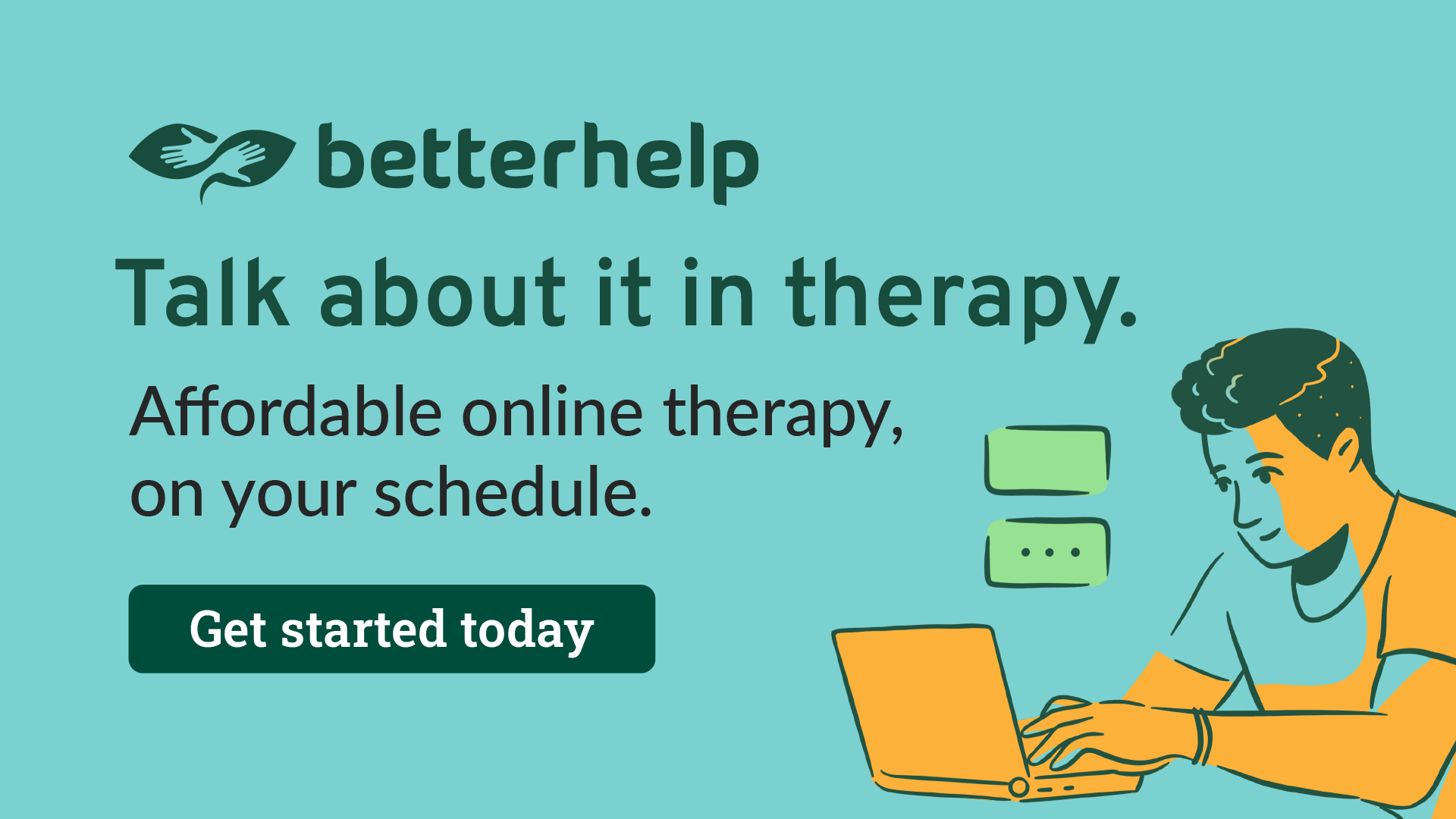Full Disclosure: Clicking on these links could mean a tiny commission for me, at no extra cost to you.
Anxiety and substance abuse individually pose significant challenges. When they intersect, the path to recovery becomes intricate. Understanding their complex relationship is essential for those on the recovery journey. This article delves into the co-occurrence of these conditions, their interplay, and strategies for managing anxiety during substance abuse recovery.

The Link Between Anxiety and Substance Abuse
Individuals in recovery frequently contend with anxiety disorders, with studies showing a significant correlation. According to SAMHSA findings, around 9.2 million adults in the United States experience co-occurring disorders.
Anxiety is one of the most common mental disorders in substance use disorder (SUD) treatment. Ignoring these issues can worsen their condition. But remember that support and help are available, so you don’t have to face these challenges alone.
Inpatient and outpatient drug treatment programs offer different levels of care and support for individuals dealing with substance abuse. Inpatient drug treatment involves residing in a facility for a designated period, typically from a few weeks to several months. Conversely, outpatient drug treatment allows individuals to receive therapy and support at home.
Common Anxiety Disorders
Anxiety disorders are the result of excessive, uncontrollable worry, fear, or apprehension significantly affecting daily life. They are prevalent worldwide and there are many different types of anxiety disorders that you may be experiencing. We will discuss common anxiety disorders, their characteristics, and their impact on addiction recovery.
Generalized Anxiety Disorder (GAD)
Generalized anxiety disorder, or GAD, involves persistent, excessive worry about everyday situations and events, often with physical symptoms like restlessness, muscle tension, and difficulty concentrating. During recovery, addressing GAD is crucial, as it may drive individuals to self-medicate with substances to cope with anxiety.
Panic Disorder
Panic disorder features recurrent, unexpected panic attacks with physical symptoms like heart palpitations and sweating. In recovery, panic disorder can be challenging, as the fear of panic attacks may trigger cravings for substances that numb or escape from such feelings.
Social Anxiety Disorder
Social anxiety disorder pertains to an intense fear of social situations and judgment by others, leading to social avoidance or discomfort. In recovery, social anxiety can hinder connections in support groups or therapy, impeding progress.
Post-Traumatic Stress Disorder (PTSD)
PTSD results from traumatic experiences, including flashbacks, nightmares, severe anxiety, and trauma avoidance. Treating PTSD alongside addiction is vital, as substance use might have been a coping mechanism. Simultaneous treatment is necessary for lasting recovery.
Co-occurring anxiety disorders and addiction are common, with substance use temporarily relieving anxiety but perpetuating addiction. Effective treatment involves therapy, support groups, and when needed, medication. Cognitive-behavioral therapy, exposure therapy, and relaxation techniques address anxiety. Treating both disorders is essential for successful, long-term recovery, as untreated anxiety can contribute to relapse and hinder overall well-being.
Anxiety And Substance Abuse Bi-Directional Relationship
The link between anxiety and substance abuse is often bi-directional. Anxiety can result in substance abuse as a coping mechanism, with substances temporarily alleviating distress. Conversely, substance abuse can cause anxiety disorders, and withdrawal symptoms worsen anxiety.
Anxiety can manifest as racing thoughts, excessive worry, and physical symptoms like a rapid heartbeat and sweating. Coping with these symptoms can be challenging, leading some to self-medicate. Drugs and alcohol temporarily relieve anxiety, offering brief relief and escape.
Signs of Anxiety-Driven Substance Abuse

Misuse of Prescription Medications
Individuals with anxiety disorders may misuse prescription medications, such as benzodiazepines (e.g., Xanax, Valium) or other anxiolytics. Signs include taking higher doses, using someone else’s medication, or obtaining drugs illicitly, driven by the desire for immediate relief.
Excessive Alcohol Consumption
Anxiety sufferers may turn to alcohol for self-medication, initially finding relaxation and temporary relief. Signs include excessive drinking, binge drinking, or using alcohol as a social crutch.
Abuse of Illegal Substances
Some individuals with anxiety disorders use marijuana, cocaine, opioids, or other illegal drugs to self-medicate, potentially leading to addiction and exacerbating anxiety issues.
Behavior and Routine Changes
Anxiety-driven substance abuse leads to noticeable changes, like social withdrawal, neglecting responsibilities, work or school absenteeism, and erratic behavior.
Tolerance and Increased Use
Higher doses or more frequent use may be needed as tolerance builds for desired relief, relaxation, or numbness.
Withdrawal Symptoms
Attempting to reduce or stop substance use results in withdrawal symptoms, including heightened anxiety, irritability, restlessness, and cravings.
Denial and Secrecy
People may become secretive, downplaying their problems when confronted by loved ones to protect their relief source.
Negative Consequences
Substance use to cope with anxiety has negative consequences, such as strained relationships, legal issues, financial problems, and declining health.
Failed Attempts to Quit
Despite recognizing its negative impact, repeated unsuccessful attempts to quit or control substance use indicate anxiety-driven substance abuse.
Self-Awareness and Self-Reflection
Individuals should assess their motives for substance use and consider seeking help. Providing a supportive, non-judgmental environment is essential for individuals to acknowledge and address their anxiety-driven substance abuse.

Substance Abuse as a Cause of Anxiety
Intoxication and withdrawal can lead to chemical imbalances in the brain, impacting mental health. Chronic substance abuse may also bring about social and environmental stressors that fuel anxiety. Withdrawal from substances can be a painful process, both physically and emotionally, often leading to heightened anxiety. The body and mind have become dependent on substances for equilibrium, and their absence can trigger anxiety.
Management for Anxiety and Substance Abuse
By addressing anxiety and substance abuse comprehensively, individuals can maintain sobriety and improve their mental health.
Integrated Treatment
Given the close relationship between anxiety and substance abuse, integrated treatment is essential. This approach involves collaboration between mental health professionals and addiction specialists to provide a comprehensive recovery plan.
Evidence-Based Therapies
Examples include cognitive-behavioral therapy (CBT), dialectical-behavior therapy (DBT), and exposure Therapy. They provide individuals with the skills to manage anxiety without turning to substances.
CBT identifies and alters negative thought patterns and behaviors, helping individuals recognize the connection between anxiety and substance use and develop healthier coping strategies. On the other hand, DBT combines CBT with mindfulness, aiding those with emotional regulation issues.
Exposure therapy gradually exposes individuals to anxiety triggers, allowing them to confront anxiety without substance reliance. These therapies break the anxiety and substance abuse cycle, empowering individuals to manage anxiety effectively for a healthier recovery.
Medications
Selective serotonin reuptake inhibitors and benzodiazepines help reduce anxious signs and symptoms.
Mindfulness and Relaxation Practices
Mindfulness techniques can help individuals stay grounded, providing calmness and control essential in recovery.
To perform deep breathing exercises for mindfulness, find a quiet, comfortable space. Sit or lie down, maintaining good posture with a straight back but not rigid. You can close your eyes, but it’s optional. Start by doing a brief body scan to identify and release any tension. Now, pay attention to the rise and fall of your chest or abdomen. Through your now, inhale slowly and deeply to expand your diaphragm. Exhale slowly through your mouth to release all the air from your lungs.
Building a Support Network
A strong support network is vital for managing anxiety. Supportive friends, family, and support groups offer encouragement and understanding, helping individuals remain committed to their recovery journey. You can also join online therapy groups.
Preventing Relapse: A Holistic Approach
Relapse is a significant concern in recovery, with anxiety often playing a pivotal role. However, anxiety-driven relapse is not inevitable. One-size-fits-all approaches to relapse prevention may not be effective, as each person’s experience with anxiety and substance abuse is unique.
A holistic approach involves developing personalized relapse prevention plans. These plans take into account an individual’s specific anxiety triggers, coping strategies, and history of substance use. This tailored approach ensures that interventions and strategies are relevant and effective for the individual.
It encompasses several key components that support individuals in their recovery journey.
Ongoing Support
Substance abuse recovery is a continuous journey; those facing anxiety and substance abuse need consistent and dependable support. Individuals must have a network of people who comprehend their challenges and can offer emotional, practical, and psychological assistance. Regular therapy sessions or support group meetings can be vital for sustaining motivation and addressing underlying anxiety issues.
Follow-Up Care
Relapse prevention doesn’t end when the initial phase of recovery is successful. Follow-up care is a critical component of a holistic approach. It involves continued monitoring, check-ins, and adjustments to the relapse prevention plan as needed. Periodic assessments can help identify potential triggers, changes in anxiety levels, or evolving coping mechanisms. This proactive approach ensures timely interventions and adjustments to prevent relapse.
Holistic Well-Being
A holistic approach to preventing relapse emphasizes overall well-being. This involves promoting a healthy lifestyle with proper nutrition, exercise, and stress management techniques. Engaging in activities that nurture mental and emotional well-being, like mindfulness practices, significantly aids in managing anxiety. Ensuring individuals have a balanced and fulfilling life beyond recovery is essential for reducing the risk of relapse.
Understanding anxiety’s role in recovery is vital in the complex interplay between anxiety and substance abuse. Recognizing the co-occurrence, the bi-directional relationship and strategies for managing anxiety are essential for those striving for a substance-free life. An integrated, holistic approach to treatment equips individuals with the tools and support needed to overcome anxiety and achieve lasting recovery, offering a challenging but hopeful path to an anxiety-free future.
Skilled professionals at recovery centers, such as the Garden State Treatment Center, recognize that addressing anxiety is fundamental to achieving lasting recovery. They understand that untreated anxiety can be a powerful trigger for relapse, underscoring the importance of holistic and integrated treatment approaches. By providing specialized care that attends to both the roots of addiction and the underlying anxiety, the Garden State Treatment Center offers individuals a comprehensive path towards sustained sobriety and mental well-being. Their commitment to understanding and addressing this crucial dynamic sets them apart in the realm of addiction recovery.











